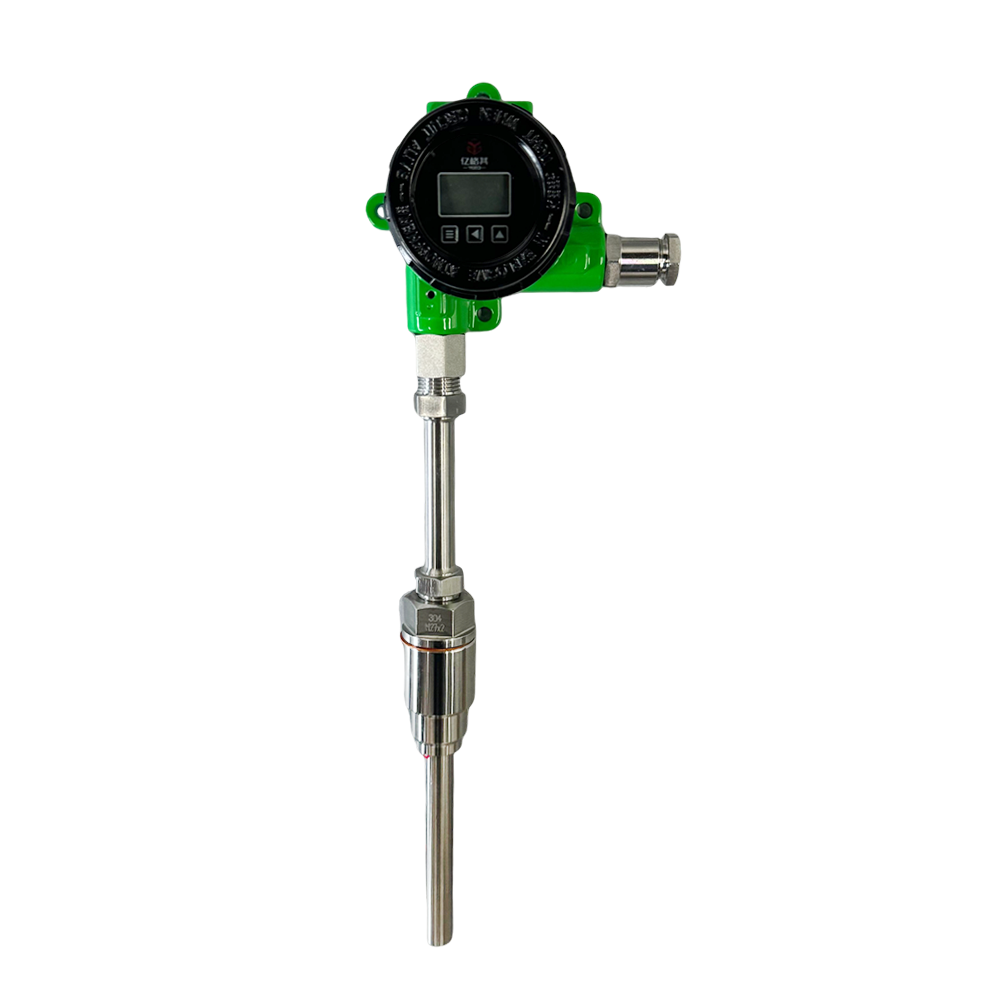In modern pharmaceutical manufacturing facilities, temperature control directly impacts drug quality and production safety. Pharmaceutical companies report that high-precision temperature transmitters have become essential core equipment in production workshops. Through 24/7 temperature monitoring and regulation, these devices establish a robust safety barrier for pharmaceutical manufacturing processes.

The pharmaceutical industry maintains exceptionally stringent temperature control standards. Vaccines require precise storage within a 2-8°℃ temperature range, while biologics production processes are highly sensitive to temperature fluctuations—particularly for sterile preparations and biological products, where temperature control must be maintained within ±0.5°℃ precision. Conventional monitoring methods can no longer meet these demands, whereas smart temperature transmitters are revolutionizing the sector through their high-precision data acquisition and real-time transmission capabilities.
The temperature transmitter continuously monitors temperature fluctuations at critical process points including reactors, fermentation tanks, and sterilization equipment, ensuring all production stages comply with GMP standards. Through deep integration with MES and SCADA systems, it not only collects real-time temperature data but also automatically generates comprehensive temperature curve graphs to meet pharmaceutical traceability requirements throughout the manufacturing process. When abnormal temperatures are detected, the system immediately activates alarm mechanisms to prevent batch quality issues. Additionally, the built-in diagnostic feature provides early warnings for potential malfunctions, offering data-driven support for proactive maintenance.
Although small in size, temperature transmitter is the key equipment to ensure drug quality and safety. With the continuous improvement of product quality requirements in the pharmaceutical industry, intelligent high-precision temperature transmitter will play an increasingly important role in the pharmaceutical workshop, and become an "invisible guardian" to protect drug safety.


